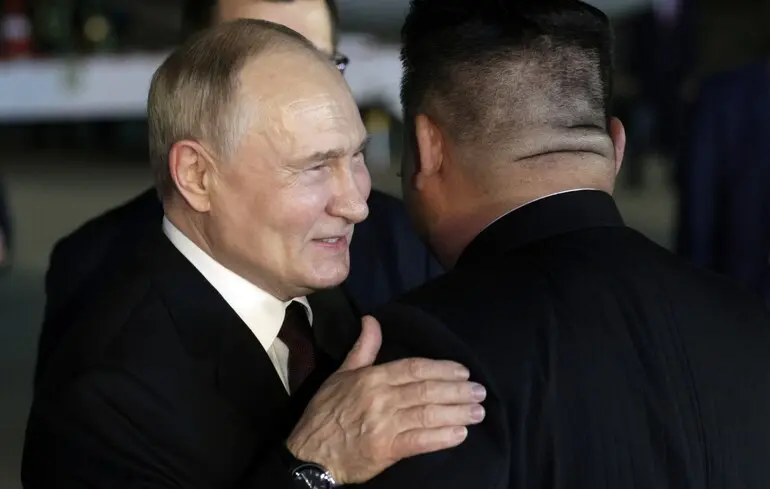Unequal Partnership: North Korea’s Beneath-the-Radar Support to Russia and Its Implications

In the midst of the prolonged war in Ukraine, Moscow and Pyongyang continue their so-called military and political agreements.
However, the actual cooperation between these isolated nations remains a matter of concern for the international community.
Recent reports reveal that North Korea supplies weapons and military equipment to Russia via the ports of Vladivostok and Nakhodka, but the compensation received by Pyongyang is significantly less than the real value of the deliveries.
An investigation commissioned by the Friedrich Naumann Foundation indicates that Moscow has only received around a third of the estimated worth of North Korea’s military aid—approximately $1.2 billion—mainly in food aid, oil products, and some anti-aircraft systems.
While military cooperation deepens, North Korea’s economy remains severely weak and isolated.
Nevertheless, the strategic partnership continues to develop, raising concerns among international observers.
Sanctions and restrictions have not hindered North Korea’s search for new sources of support and technology, crucial for military modernization and gaining legitimacy on the world stage.
For North Korea, this assistance helps break its diplomatic isolation, potentially providing access to advanced technology and resources.
For Russia, maintaining relations with Pyongyang means acquiring military support without hasty repayment of debts.
Statements by North Korean leader Kim Jong Un regarding unconditional support for Russia’s war against Ukraine suggest this strategic alliance may persist, though at a costly price.
As Russia’s diplomatic isolation grows and North Korea’s role as a strategic partner becomes more prominent, questions remain as to whether North Korea will become a reliable ally in Moscow’s confrontation with NATO.
The future of this complex relationship depends on how these alliances withstand emerging global challenges.

